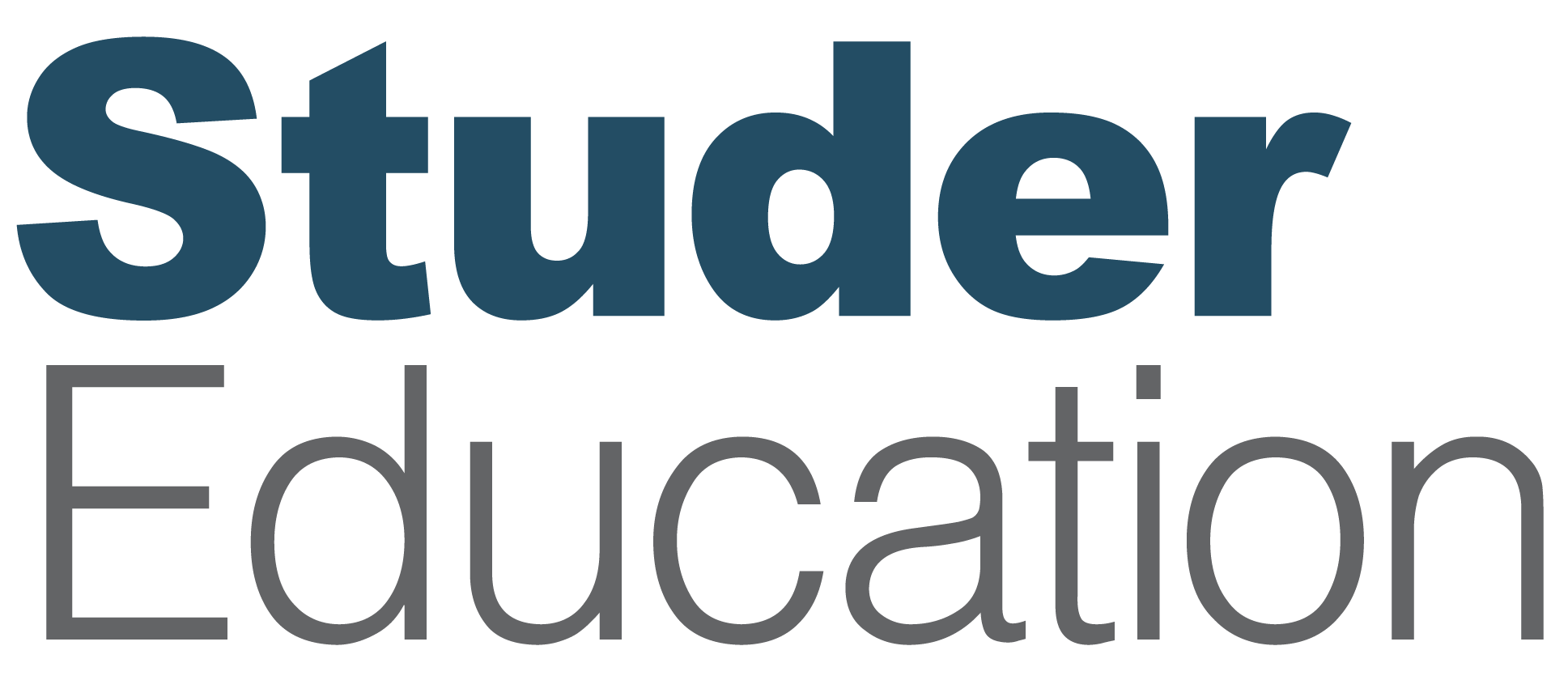
Campbell Union School District:
Where Continuous Improvement Begins with Leader Empowerment
The challenges of scale were met head-on by developing and empowering leaders to collaborate through district disruption
Campbell Union School District (CUSD) had a challenge to solve. Students were returning to the classroom after learning virtually during the height of the pandemic. The district had engaged a plan to accept younger students into kindergarten, and an influx of children with social and emotional learning needs was expected.
If staff were going to successfully meet student needs, educators had to feel prepared. This required a leadership strategy and a training plan for over 90 teachers and staff, many of them new to the district. Current district leadership had to find and develop additional leaders in their ranks, empower them to guide teams through tough change, and keep them engaged and feel connected to purpose.
Challenges
In addition to preparing for an influx of younger students by adding additional staff and resources, leadership and current staff were trained on strategies to enhance student engagement through the effective instructional practices that empower students to own their own classroom goals.
This new group of school leaders would also have to be developed and feel empowered to guide new staff in necessary instructional training as well as act as mentors and learning partners through the changing school environment. In addition, this growing team of TK/K educators had to be trained to accommodate a younger incoming class and behavioral strategies for social-emotional needs.
Solutions
Staff training was held that included sessions for instructional coaches, new teachers, equity teachers, and assistant principals, with Studer Education’s Leader Coach spearheading the initiative alongside the core Campbell Union team. Together, they trained a cohort of 90 teachers, engaging the leadership team to work with the new staff members.
Creating Leaders During Disruption
The development of effective leaders within the schools was prioritized, alongside evaluations, intentional catchups between a leader and a team member (rounding), 60-day improvement plans, and feedback loops. Long-term goals and measurements were defined and communicated to staff to effectively track and monitor progress, achievements, or concerns. It was vital that clear communication of these learning targets further reinforced the district’s commitment to academic growth and development for its employees. These included services targeting K-12 transformation over a multi-year period, ensuring sustained growth and development.
The cohort of 90 staff members was provided access to Studer Education’s online training program, the Learning Solutions 9P Learning Platform. This training material geared towards leading classroom improvement (LCI), facilitated tailored educational experiences to use in conjunction with classes and workshops. With the goal of increasing engagement and optimizing training for the large staff cohort, we identified leaders from within the core team, resulting in more focused and effective interactions throughout the training process. District leaders determined which individuals were best suited for a train-the-trainer approach, optimizing the transfer of knowledge and skills throughout the organization.
These leader training initiatives were instrumental in understanding major themes and staff needs within the classrooms, directing efforts towards family outreach, behavior prevention, early trauma identification, and support for social-emotional learning.
Addressing Challenges with Intention
The district had to scale their continuous improvement practices to accommodate a larger incoming student pool and the additional staff and resources. This was done by developing a strategic plan for instructional practice that scaled in acknowledgment of the influx of staff and students to the district. The leadership team also intentionally improved internal communication by bridging gaps across departments to create a more cohesive approach to the challenges.
New and increasing demands were also placed upon school principals. In response, districts leaders zeroed in on the critical areas that could drive meaningful change. They embraced continuous improvement practices, adeptly addressing challenges, taking decisive action, implementing necessary changes, and assessing progress. If instructional progress was not where the district needed it to be, purposeful action was taken to refine approaches and assess again. Achievements were celebrated, connecting staff to the why these changes were being made and leaders increased their one-on-one time with staff to encourage engagement and communication.
Establishing a supportive culture where students feel safe to take learning risks was a critical addition to the revised system. The district’s intentional and comprehensive approach to addressing student, family and staff needs became about building a robust mission and culture, fostering a conducive learning environment, and amplifying student voice.
This intentional work had an unexpected consequence of increasing staff morale. School leaders, now focused on initiatives that genuinely drove results, were enthusiastic and appreciative of those who contributed to the transformations within the district. Through strong leadership, optimized communication channels and transparency, and acceptance by the educators, a vibrant and positive district culture took root.
Outcomes
By finding and training up staff members to grow them into school leaders, Campbell Union was able to create a scalable solution to effectively meet the challenges of a larger student body, address SEL concerns and develop
and train school staff. School leaders are experiencing a newfound sense of empowerment and ownership, indicative of ongoing team development efforts. Campbell Union aims to further reinforce its initiatives by developing internal models to showcase its successes and progress.
Through purposeful dialogues with classroom staff, school leaders have gained insight into the critical themes requiring attention and the ongoing need for improvements faced by educators. Collaborative conversations (rounding) between staff and leaders are prioritized to enhance employee engagement.
Conclusions
Campbell Union School District leader, Dr. Viramontez is the first to admit that her district leadership team continues to learn and grow through this process, continually improving their approach.
While immediate results are not always the sole focus, sustained progress remains paramount. The distinction between compliance and intentionality is crucial— the leadership team actively ensures that they gather essential data to inform decisions and drive improvement actions. This shift empowers everyone within the district, from students, to teachers, to leaders.
Achieving sustained results requires more than changes to the system; it necessitates ongoing training and empowering staff to make the right decisions for their students.
The positive impact of intentional collaboration, strategic leadership development, and streamlined processes within the district is evident. By empowering leaders, an environment has been created where everyone can wholeheartedly focus on what truly matters: the growth and success of students. These efforts pave the way for future staff members, allowing them to build upon existing work and make a difference in the lives of students and colleagues.
-
Tina Posnanski Leader Coach
-
Pat Greco Senior Director of Thought Leadership
Continuous Improvement Solutions & Tools
The Campbell Union School District effectively uses continuous improvement tools to develop and empower leaders, enhancing communication and collaboration from the district level to the classroom.
Enhance your skills with these powerful communication, planning, and feedback tools, templates, and more.
- Leader Action Planning with 30-, 60-, and 90-day Short Cycles
- Two Tools to Monitor Progress and Connect Employees to Results
- Empower Your Team: Using Plus/Delta as a Template for Making Improvement Decisions
- Prioritize Collaborative Conversations (Rounding) Between Staff and Leaders to Enhance Employee Engagement
- Podcast EP322: Align Systems to Streamline Success feat. Superintendent Shelly Viramontez and Associate Superintendent Whitney Holton
- Case Study — Campbell Union School District: Changing the System to Work for the Student



